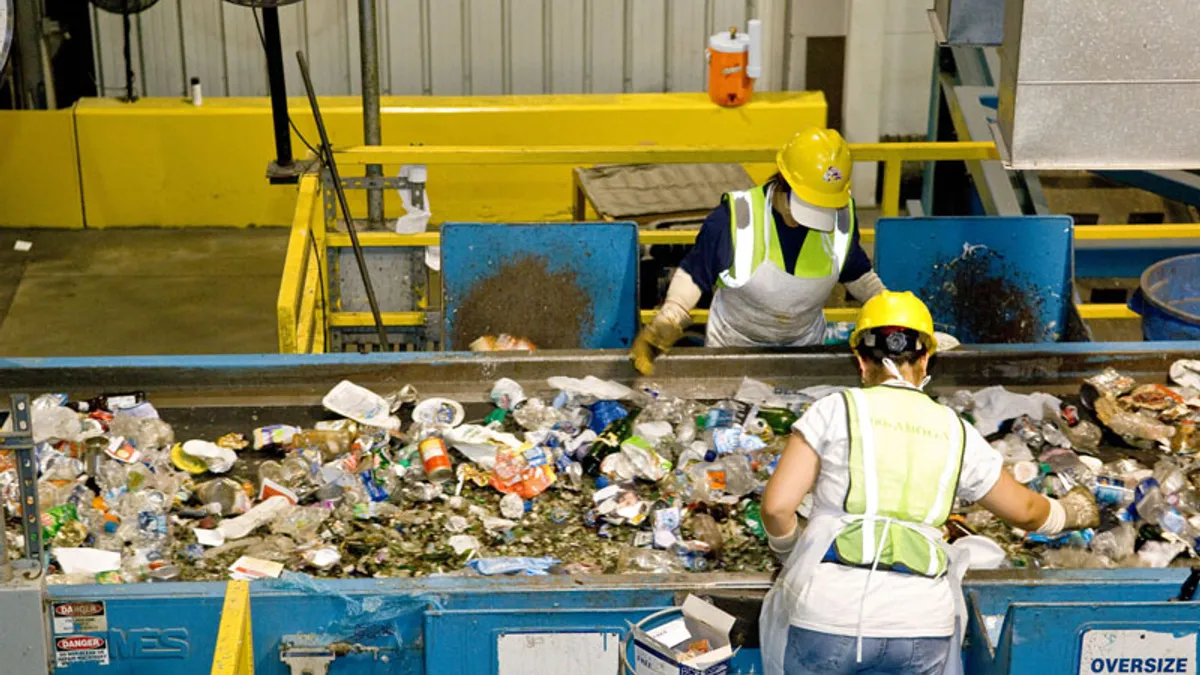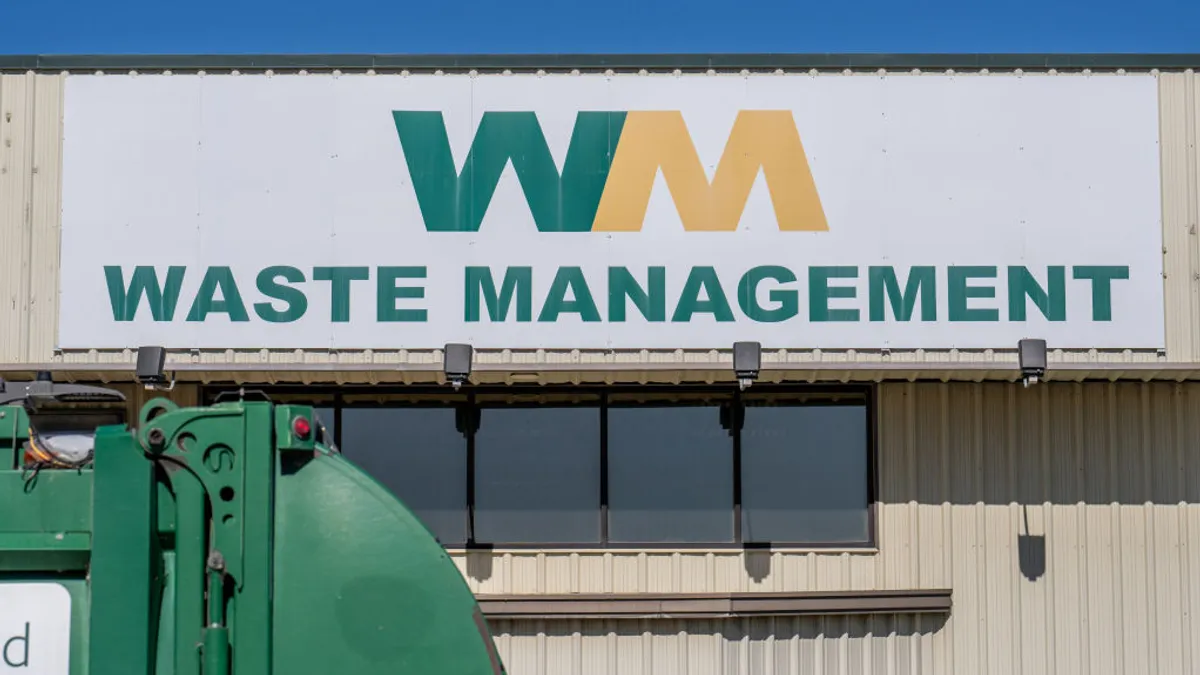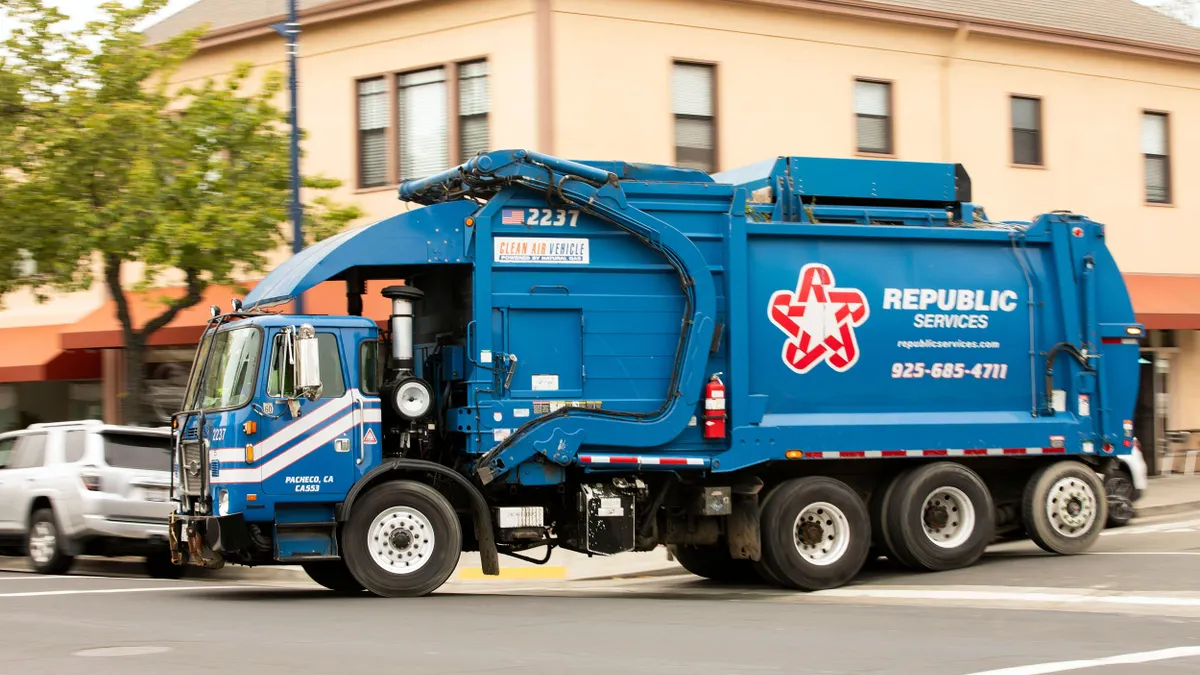Amid global upheaval over the new coronavirus pandemic, municipalities in multiple regions are already suspending some curbside and drop-off recycling programs.
Reasons for the program changes largely include enforcement of policies meant to reduce the spread of the virus — like social distancing — as well as a dearth of available labor. Multiple areas have cited a shortage of incarcerated labor outsourced from local prisons as a key factor. That workforce is in short supply amid concerns over COVID-19, the disease caused by the coronavirus.
A recent study on the aerosol and surface stability of the virus found it could potentially remain on certain surfaces for up to two to three days — including plastics and stainless steel. Conducted by researchers from the National Institute of Allergy and Infectious Diseases, the Centers for Disease Control and Prevention (CDC), and several universities, the new research has sparked concern about the safety of both collection and MRF workers. But questions remain about what the findings actually mean in the field.
Will Sagar, executive director for the Southeast Recycling Development Council (SERDC), told Waste Dive several member states have reported program alterations in connection with the pandemic, but caveated their reasoning is largely in line with CDC guidance, as well as a dwindling labor force.
"Those closings are for social distancing, not for contaminated material. There are [also some county] MRFs that have lost inmate labor and can no longer process [material]," Sagar said.
Incarcerated people are a high-risk population for COVID-19, given their confined quarters, and experts have warned the situation could become catastrophic if precautions aren't taken immediately. Many jails and prisons have banned visits in response to the crisis, in addition to limiting work — moves that are leading to municipal recycling suspensions.
That includes Franklin, Tennessee, where officials said on March 16 the city's program had been suspended, as Marshall County Recycling, Franklin's recycling processor, was momentarily shuttered. Milissa Reierson, Franklin's communications manager, confirmed the situation to Waste Dive, explaining the processor employs "inmates to do the work and the jail has put the inmates on lockdown, so not to spread the virus."
Franklin began rolling out a new Blue Bin recycling program recently, in an effort to replace its prior Blue Bags program with more than 9,000 bins. That switch was expected to be completed soon, with March 26 the final day the city initially gave for allowing bag pickup as officials moved to keep plastic out of the waste stream. But the pandemic has set plans back for the foreseeable future.
Franklin residents have been advised to take their recyclables to the nearby Williamson County Recycling Centers or to throw them in the trash, even as the city emphasized hopes about restarting the program soon.
"We have reached out to other processors, but they have refused," said Reierson, the city's communications manager. She said Franklin hopes "to continue recycling once our processor reopens."
Limestone County in Alabama is facing a similar problem as Franklin. The city of Athens, located in the county, suspended its own curbside program shortly before the county announced a broad suspension beginning March 20.
"Our recycling vendor in Decatur cannot operate its facility at this time because current state protocols related to COVID-19 prohibit the use of inmate labor," Holly Hollman, a spokesperson for the Athens government, told Waste Dive of the curbside situation.
Athens officials said services will resume once "the vendor is able to operate the facility" and that residents will be notified at that time. The incarcerated workers behind the operations live at Decatur Correctional Facility. Drop-off for the area is meanwhile coordinated through the Athens-Limestone Recycling Center, a nonprofit affiliated with Keep Athens-Limestone Beautiful, which similarly plans to suspend operations by Friday.
Dalton, Georgia also announced March 13 the city would suspend recycling pickup beginning March 16 for at least two weeks. The city noted the potential for loss of incarcerated labor as a factor in the decision. Residents are still able to bring recyclables to the Dalton-Whitfield Solid Waste Authority’s convenience centers for drop-off. Officials also said the city would make additional efforts to collect any overflow waste while the service is in flux.
Sagar said SERDC members initially appeared somewhat resilient to widespread suspensions, but as of Wednesday more were reporting "closures of convenience centers," along with an additional curbside suspension in Douglasville, Georgia.
Outside of the Southeast, other areas are similarly suspending services. In New Jersey, Somerset County discontinued curbside pickup effective March 18, and closed the county recycling center that same date, only to resume a day later. The California city of Eureka has also closed its drop-off center, as well as its hazardous waste collection facility. The Humboldt Waste Management Authority (HWMA) shared that news on March 16 in a press release.
"We encourage customers to place all their recyclable materials, including [California Redemption Value] containers, into their recycling curbside collection bins," said Jill Duffy, Executive Director of HWMA, in a statement. "These bins will continue to be picked up by curbside collection companies and processed mechanically, thereby ensuring materials will be recycled and not landfilled.”
Many other cities are still continuing recycling service, even as they shut down other programs. Pittsburgh, Pennsylvania is one example where recycling collection is listed as part of essential services, meaning they will remain ongoing despite widespread closures and suspensions.
But a recent letter from the National Waste and Recycling Association to state regulators outlined multiple scenarios that could limit MRF operations further, along with other aspects of the industry, meaning more program changes could be on the way.

















